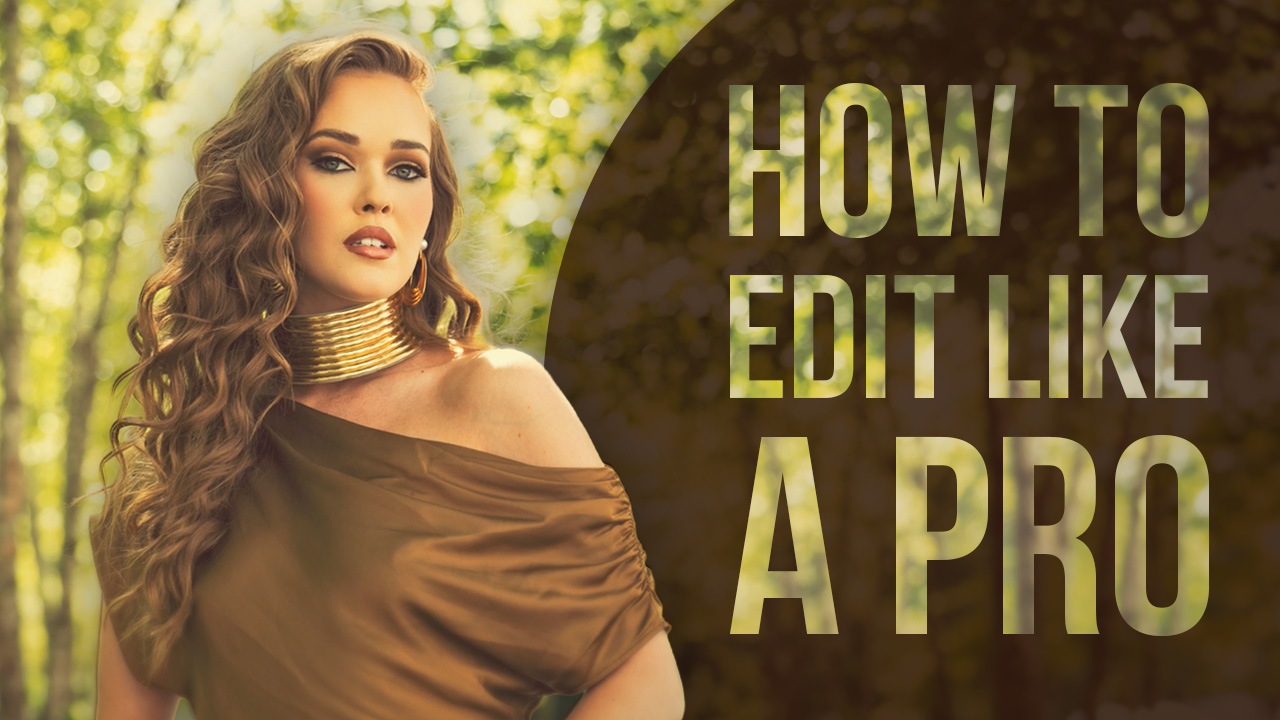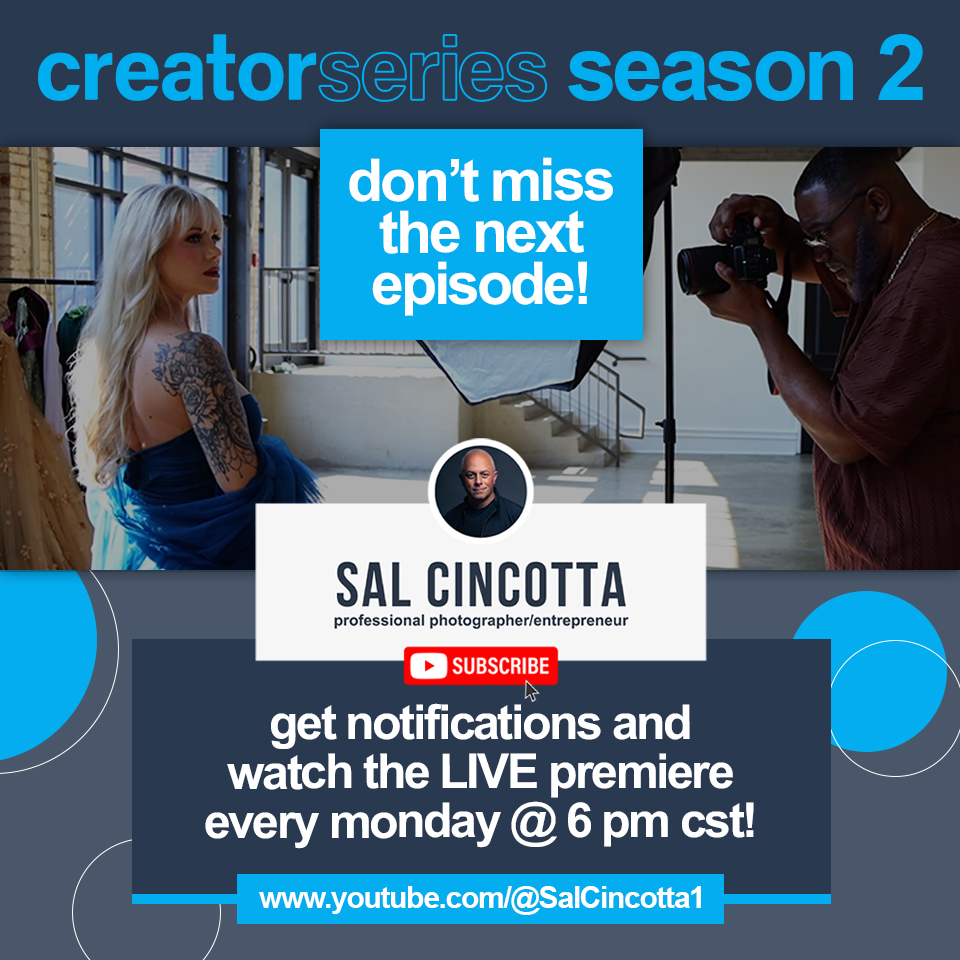Dominating Your Wedding Sales with Alissa Zimmerman
Salvatore Cincotta Photography is a studio that focuses on in-person sales and a luxury client experience. We believe that photos are best in print, specifically as large artwork for your home.
Jumping into an in-person sales model is difficult for so many people who have built their business on handing over digital files to their clients. It takes a lot of money, perseverance, and time upfront to build a solid in-person sales business. We have spent the past four years perfecting our sales strategies to be in line with ever-changing wedding trends, and have come up with a model that serves our clients from beginning to end while still bringing in high-dollar sales.
Below are a few tips to help you dominate your wedding and engagement sales sessions. These are tips based on trials and errors over the past few years that have lead us to where we are today—a studio that focuses on a smaller quantity of weddings with higher-end brides who see the value in what we do. We have homed in our ability to seek out our ideal clients and provide the best possible experience throughout their lifetime at our studio, which makes selling product to my clients a breeze.
It’s Okay to Be Picky.
With wedding clients, we have the initial consult as a feeler for both parties. Meaning, the couple is interviewing and judging us just as much as we are them. This is your time to acknowledge any red flags and decide if these people are really your client. So what does that mean exactly? Well, you should be able to see the major red flags right off the bat, but sometimes it takes more of an understanding of key words to make the hair on the back of your neck stand up. We’ve been doing this long enough to smell when someone just isn’t our ideal client, and we are fortunate enough to be in a place with our business where we can comfortably walk away from booking the wedding.
Here are a few red flags to look out for in the initial wedding consultation:
- They just aren’t into you. We’ve had potential clients come in and act completely disinterested throughout the entire meeting. We get really excited when we meet with couples to talk about their wedding day, as we paint a picture of the types of images we want to create for them. If they aren’t vibing with you from that initial meeting, you won’t be able to force it later down the road. And you’ll stress yourself out trying to find a way to connect with that client.
- They have a very specific look they want for their wedding…and it doesn’t match your style of photography. Walk away. You cannot be everything to everyone, and you’ll kill yourself and confuse your future clients if you can’t dial into your style and stick with it. One of the first questions we ask at the initial consult is, “What drew you into our studio?” If the answer from there is not something along the lines of, “Your dramatic images,” we know immediately they are not our client.
- They keep getting hung up on the digital files. This usually happens when we walk them through our wedding packages, in which an engagement session is included for the middle and top packages. We don’t have this very often, but if the couple keeps getting stuck on why they do not get the digital files from the engagement session as well, we know the entire engagement sales process is going to be next to impossible. We do our best to explain that digitals are available to purchase after the session, but it’s just the session fee that’s included in the initial contracted wedding package. If that couple leaves without the light bulb going off for them, we know they are probably not a right fit for our studio.
Build Your Sales Room Correctly.
This is your war room, where all the magic happens. Sure, taking pretty pictures is great, but it’s not going to keep the lights on in your studio. You need to invest the money and get studio samples of the product you want to sell to your clients. You have to show it to sell it. It really is that simple.
We have a sample of everything we offer in our studio, and we double or triple down on the products we offer in our top package. The whole process is psychological, and unfortunately, seemingly pretty shallow. Use your best-looking clients to fulfill products in your top package. When potential clients come in and see pictures of pretty people in pretty albums, they are naturally drawn to those items.
We decorate the walls with a minimalist style, while still showcasing the top-package products with our most beautiful clients. It’s so important to make sure you don’t clutter your wall with unnecessary products. Show the big stuff that you sell in your top package, and then add in some even larger stuff so that you can easily upgrade the sale. The largest size we offer inside of a package is a 30×40; however, we have a giant 30×60 acrylic hanging over a freestanding mantle so that our clients are visually drawn to the large piece. From there, I have the ability to give them perspective with a line as simple as, “That’s a 30×60 and it fits perfectly over a fireplace.”
For weddings, we have multi-collection albums using a real client who had an extravagant wedding. This allows us to showcase how, “Many of our clients find that narrowing down their images for their album is impossible and one giant album isn’t always the best option. So we do a lot of these multi-volume albums so that our clients can split the day into two parts and not clutter their album.”
It’s all about language and when to have these conversations. We are planting this seed from the initial consult when we walk through our packages together.
Know When to Shut Up.
Excessive talking is a sign of nervous energy, and your clients will be able to pick up on that immediately. You may think you’re just being friendly, but letting your nerves get in the way can stall a sale faster than you’d imagine.
Take a deep breath. You are the trusted advisor. These people came to you because they love your work and they truly have no idea what products they want or need. That is your job: to best direct them. Don’t be a sleazy salesperson, either. The sales process should be calm, direct, and completely organic. Don’t sell product you don’t fully support. Don’t push more and more items on your clients if you know they’re already stretched.
Get a feel for what they are looking for, then present your products. This is the part that gets most photographers incredibly uncomfortable. Again, most photographers feel like they need to be everything to everyone—even when it comes to sales. Here’s the reality: If you are in a sales session or initial consult, that means you have (hopefully) spent a good amount of time putting together your packages to make sure your cost of goods and price points are at an amount where you are a profitable studio. You have absolutely no reason to not stand tall with confidence in what services and products you provide to your clients. Do not negotiate—walk them through your price list and shut your damn mouth. Let it all sink in for them, as it’s usually a lot of information to digest. Let them ask you questions and go from there.
Have Systems You Can Trust.
We live in an age of endless technologies available to photographers to help grow and manage their businesses—some great, some not so great. Do your due diligence and learn which programs or software work best for you, and then actually use them. I can’t believe how many photographers I talk to who purchase all of the newest and greatest tools on the market, yet never take the time to figure out best practices or how to actually implement them into their businesses.
All software tools in our industry are designed to help make your life easier when the going gets tough. Having a solid back-of-house will make you look like a real business to your clients. And let’s be honest, perception is reality.
The two main tools we use are 17hats and N-Vu IPS. These tools have completely changed our business for the better, and we could not do what we do today without these implemented into our workflow.
First, 17hats handles literally everything for us. From quotes to contracts, invoices, and automated emails, I don’t have to do any thinking now that I have my workflows in place. Just a few clicks and I’m able to provide our clients with a seamless experience. It wasn’t always this way, however. I came into my role just a few short years ago, and spent the better part of my first year scrambling every day trying to put Band-Aids on broken processes. My biggest piece of advice: learn the software, and do it right from the beginning. Understand the “why” behind their program and what a workflow should look like. Best practices are available in training guides on the 17hats website, and they have a team readily available to help if you ever get stuck along the way.
N-Vu IPS, on the other hand, has given us the freedom to run our entire in-person sales session inside of one extremely robust tool. With one single upload, I can run my sales session, create a client gallery, and so much more. This tool is worth every penny, and it was built based on the in-person sales process we created. I cannot recommend N-Vu enough for those people serious about taking their in-person sales to the next level.
There is no reason you should not be making money in the sales room. Take these tips and get to work!




